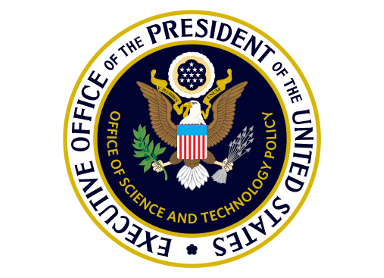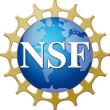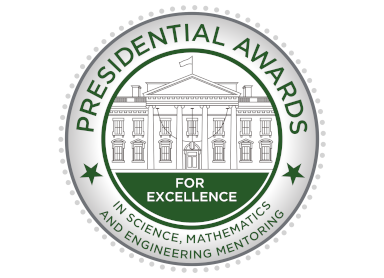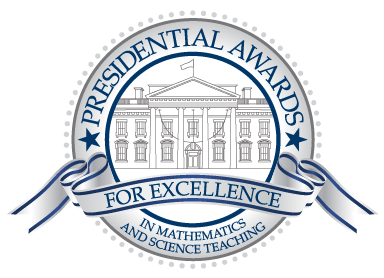Elba Elisa Serrano
New Mexico State University | Las Cruces, NM | 2015

The official biography below was current at the time of the award. Awardees may choose to provide their latest biographical information on their profile page.
Elba Serrano's mentoring philosophy rests on fostering the development of independent thinking in her mentees, encouraging them to identify and address the issues of science which they find interesting and through which they can determine a course of action that will serve their nation, communities, and families. In a 2003 essay written for a lecture series on women in science, she says "I believe that challenges are part of what makes life interesting and often I say to my students: every stone in our path will become a stepping stone for our success." Wonderfully put.
She finds the practice of recycling minority students from program to program a hindrance to broadening participation because the number of individuals who benefit is reduced and students never achieve independence. Moreover, students whose resumes do not provide evidence of ability to compete in the larger talent pool for other than minority programs may appear less qualified over time than students who compete successfully for prestigious fellowships such as those of the National Science Foundation (NSF) and the National Institutes of Health (NIH).
Dr. Serrano has over 20 years of experience with programs that seek to diversify the science, technology, engineering, and mathematics (STEM) workforce. Her mentorship extends to participants of funded programs by the NIH, the NSF, the National Aeronautics and Space Administration (NASA), the Howard Hughes Medical Institute (HHMI), and the McNair Programs.
Since 1992, 104 students in Ph.D., M.S., B.S., and A.A. degree programs have participated in research conducted in the Serrano Neuroscience Laboratory at New Mexico State. Of the 104 students, 60 percent are members of groups underrepresented in STEM disciplines; 50 percent are women. Dr. Serrano has personally guided the degree completion of 88 students (5 degrees in progress). Through aggressive recruitment and networking efforts, a higher proportion of Native American (15) and African-American (6) students have participated in supervised research in the Serrano laboratory than is representative of the New Mexico State student body. A dedicated educator, Dr. Serrano has served as instructor for over 2,500 undergraduate and 500 graduate students who have enrolled in her classes. Overall at New Mexico State, she has supported the research training of more than 300 minority students.
Her former research mentees are employed as university and community college faculty, physicians, engineers, pharmacists, veterinarians, research scientists, public servants, and educators around the country.
Dr. Serrano was a Ford Foundation Post-doctoral Fellow. She holds the Manasse Scholar's Endowed Chair at New Mexico State and received the Donald C. Roush University Award for Excellence in Teaching. She has been elected a Fellow of the American Association for the Advancement of Science.



